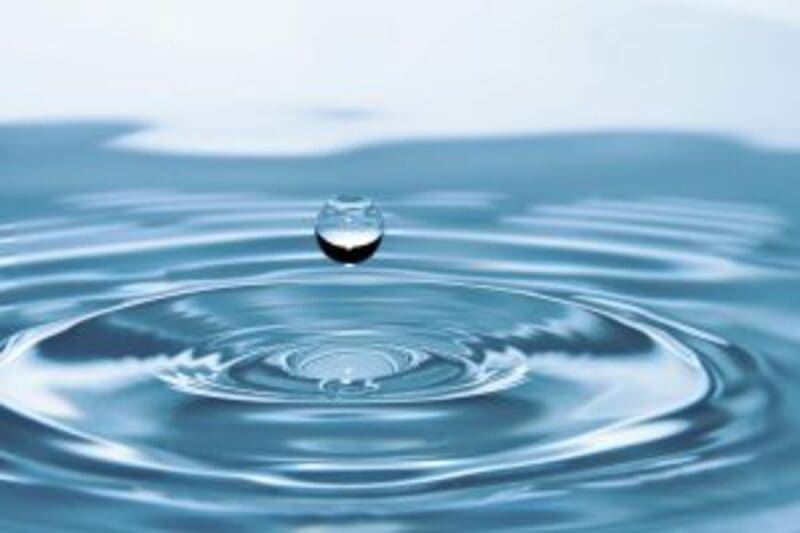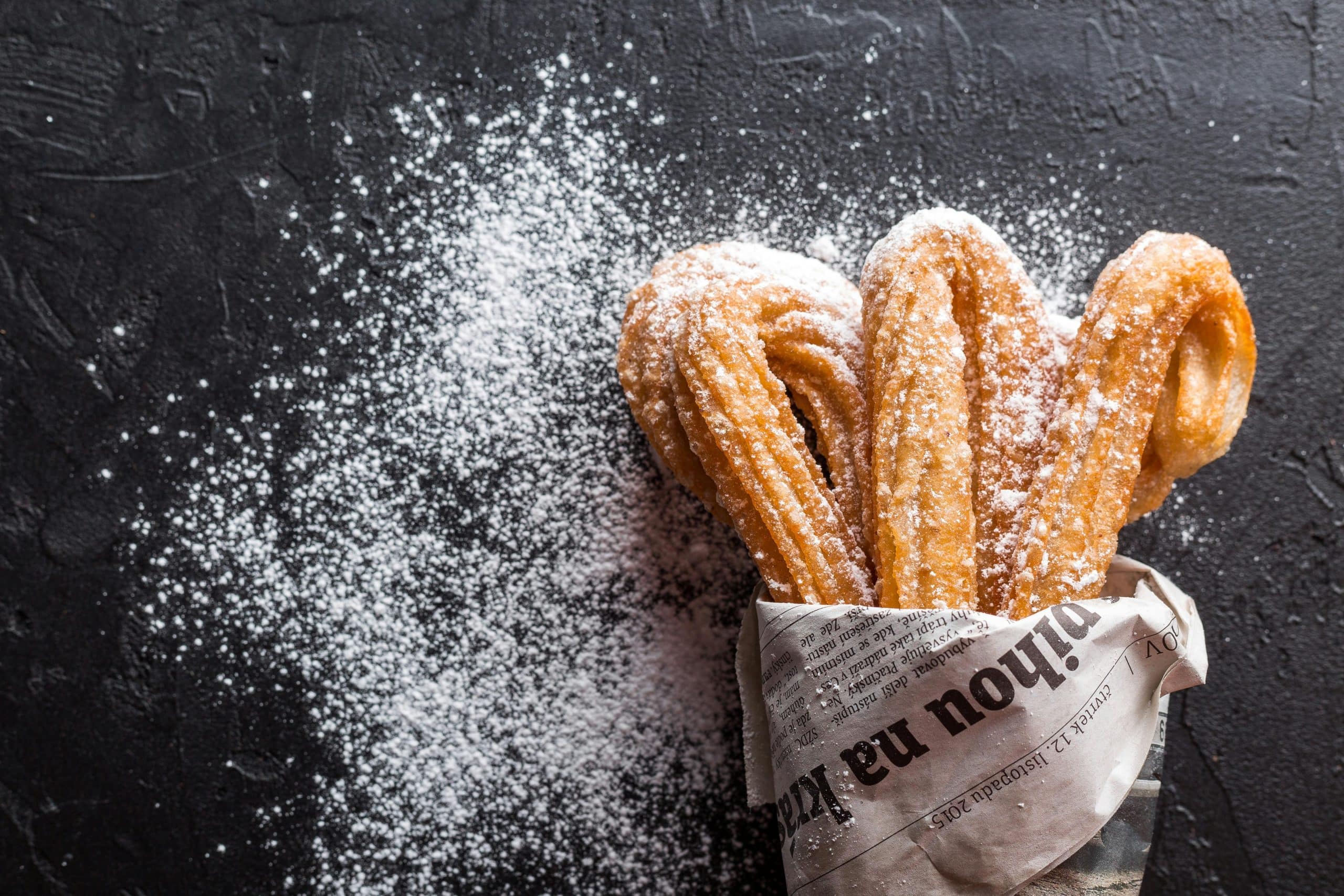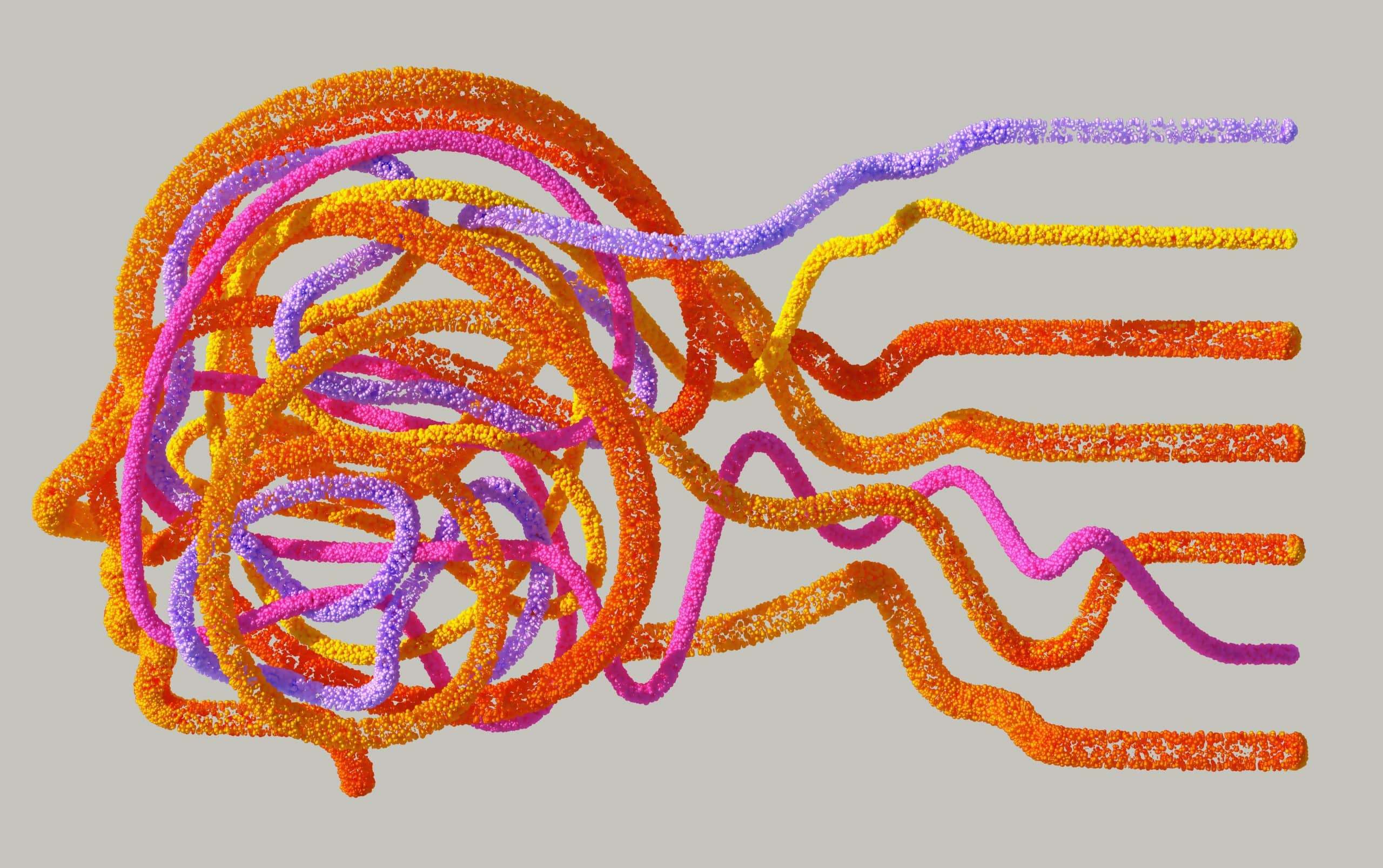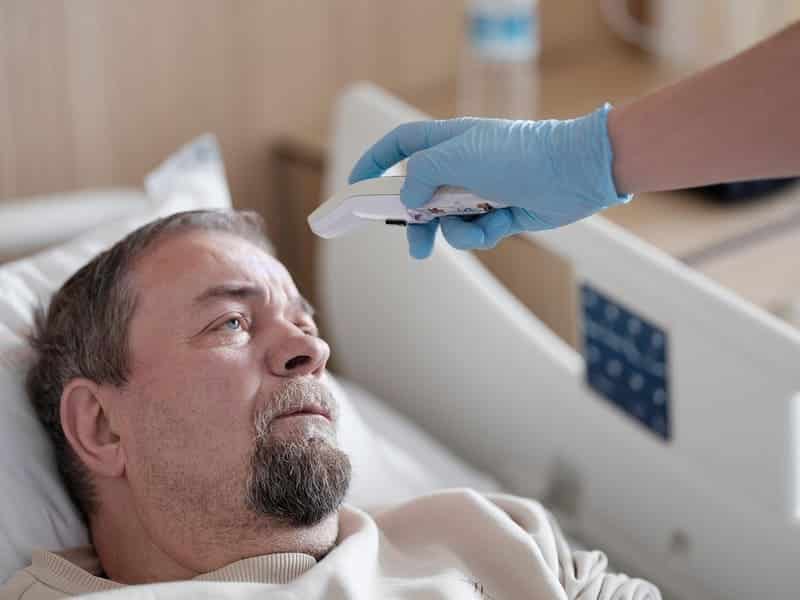Is what you are experiencing a simple urinary tract infection or interstitial cystitis? UTIs can be a brutally painful experience, with urine that burns like battery acid, frequent trips to the bathroom because you always feel full, and that feeling of donkey kicks to your abdomen each time you have to express your bladder.
Going to the doctor for medication to relieve the infection would be the best recommendation, but what if there is no infection in your urine? Instead, they find occult blood cells and nothing else. More tests and a trip to a urologist may lead you to a conclusive answer.
Painful Bladder Syndrome or IC
Interstitial Cystitis has afflicted thousands, maybe up to a million, Americans. Many have found that pelvic floor exercises, a low-acidity diet, and stress management are the best tools to fight this chronic illness without the use of drugs or surgery. Impacting your everyday routine, it can feel like this condition controls your life with so many dietary restrictions and modifications.
The pain can vary from person to person, but most people feel a constant pressure or sharp pain between the top of the pelvic bone and the belly button. Leakage is not a common symptom but can be a good indicator that the pelvic floor muscles are weak enough to allow fluid to pass. The pelvic floor can be strengthened with proper physical activity to alleviate some of the milder pain.
Who is at Risk?
Affecting mostly women over the age of 40, in some cases, like mine, start in their early 30s. While this affliction does affect men, it is a substantially lower percentage overall compared to women. For both men and women, bladder pain can vary from mild to severe, sex may be painful during or up to a day after orgasm, and diet restrictions and exercise recommendations have varying results. The major diet changes include no more alcohol, caffeine including teas and cocoa, carbonated drinks such as soda, and high-acidity fruits and vegetables.
For Those Diagnosed
First and foremost, you are not alone.
Up to a million Americans have or have had this illness affect their lives. It can take weeks or months of testing and getting second opinions before receiving the official diagnosis. People try everything from acupuncture to physical therapy to help manage the pain without the use of drugs or surgical options and build the pelvic floor to better control their bladder efficiently. Diet can be a huge contributing factor, acidic foods may cause pain for days after, even in small portions.
Stress may affect the body physically by causing a person to tense the muscles of the pelvic floor. This, in turn, may cause connecting muscles surrounding the area to contract and not let go, keeping the bladder bunched and tight causing a person to visit the bathroom every 15 to 20 minutes, feeling like they have a full bladder. This illness can last weeks or years, depending on internal and external factors. Studies have shown that stress management may be a factor in managing pain for a percentage of people diagnosed but is not a primary symptom of Interstitial Cystitis, thus varies from person to person.
Health Disclaimer
Research is ongoing about this chronic illness and where it stems from. No conclusive articles have been published as of this writing. Kidney.org offers some insight into possible conditions this illness stems from but no conclusive results. If you feel like you are having these symptoms, please speak to your healthcare professional or go to your Urgent Care for urine analysis. This article is not meant to diagnose or treat Interstitial Cystitis or any other disease, it was written to raise awareness for those who suffer in silence and offer holistic ways to manage day-to-day pain.
For More Amazing Content
Total Apex is an all-encompassing content producer. We provide heavily detailed articles every day on entertainment, gaming, sports, and so much more! Check out all our great sports content Total Apex Sports. Check us out on X @TotalApexEandG and our other sites: Total Apex Sports Bets and Total Apex Fantasy Sports.










